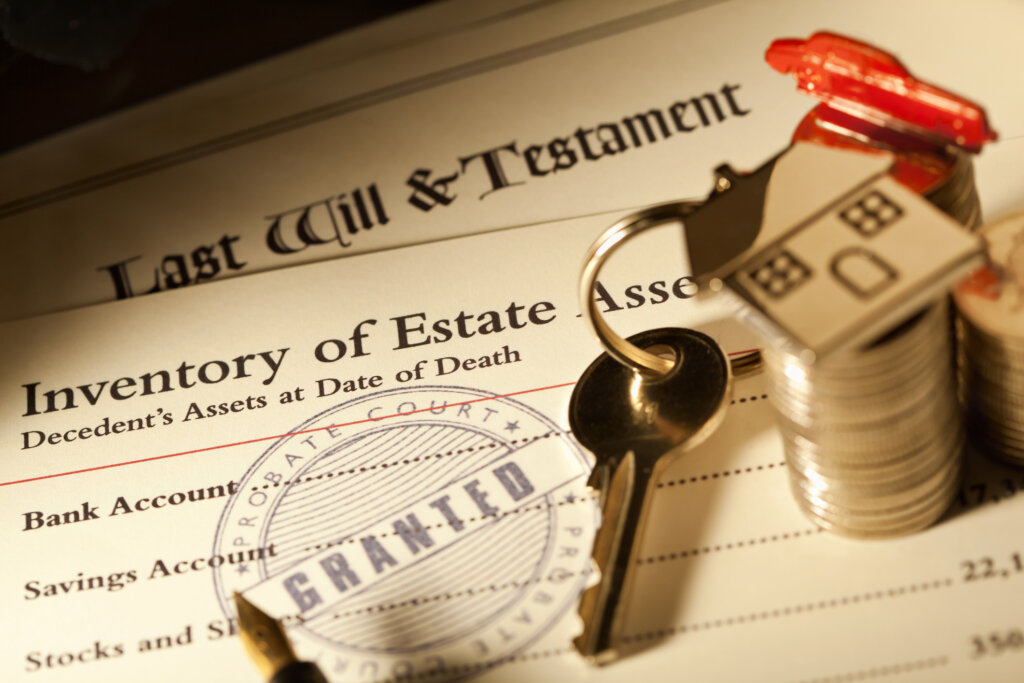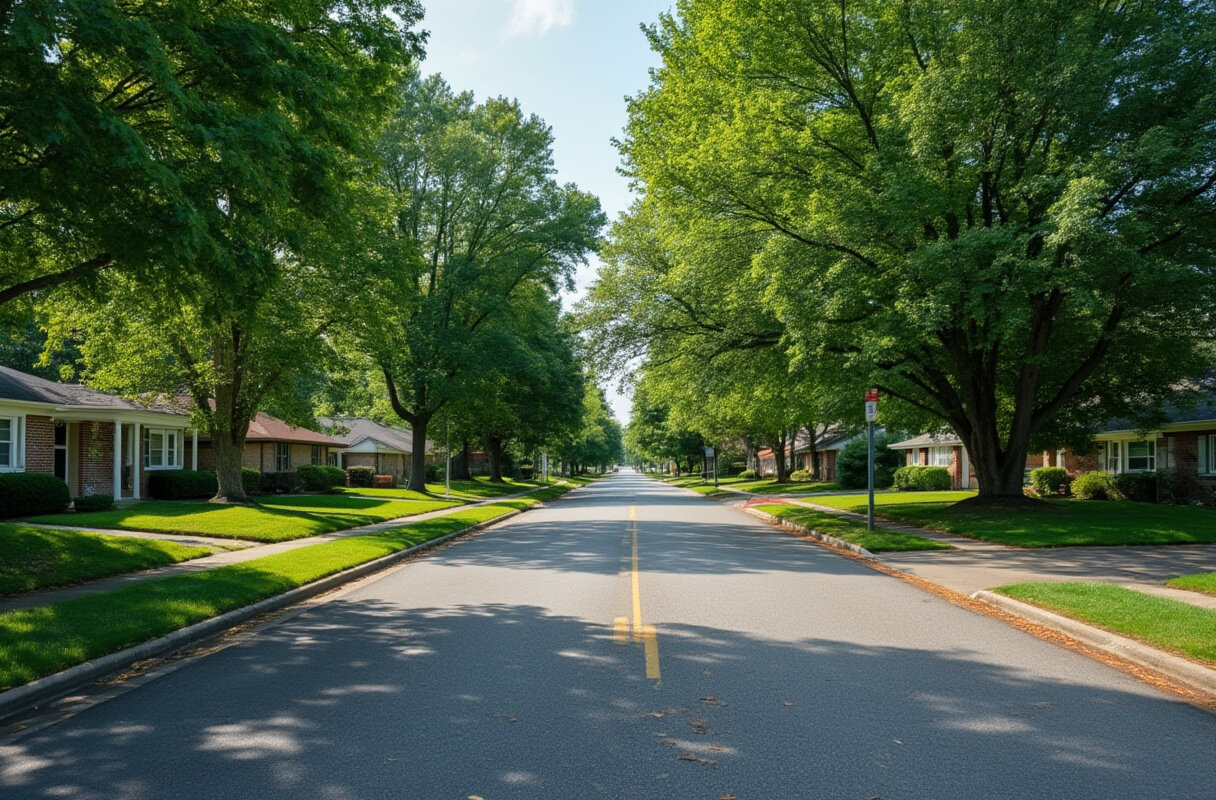
So, you have inherited a house, while this may sound exciting, the reality is less than a pleasure. The truth, however, is that you have inherited expenses along with the house. Well-intentioned loved ones all too often leave their property in their will to beneficiaries that are already struggling to afford their monthly bills. Often, these homes are in a severe state of distress and require a great deal of upfront cash flow for rehabilitation to turn into a desirable property.
Perhaps you already have your dream home and have no interest in residing in the property but feel a sentimental attachment. While it is understandable, the value of sentimentality won’t pay for the reality of carrying the cost of an inherited house. This harsh reality often leads to the ultimate decision to sell the property. Whatever you decide to do, don’t delay in caring for the property. An excellent place to begin managing your inheritance is locating the contact and payment details on existing expenses.
We’ve gathered a list of typical monthly payments to help you with a starting point. Read on to learn about all of the costs of holding onto an inherited house in Louisville.
11 Costs of Hanging onto That Inherited Property.
Taxes
Property taxes will still be due on the property when you hold onto an inherited house in Louisville. These tax payments may or may not be a part of your monthly mortgage payment. Even if the mortgage is free and clear, annual property taxes will always be due. They will likely rise significantly because tax collectors will reassess the rate at the current market value.
Insurance
Depending on the amount remaining on any mortgage, you may be responsible for mortgage insurance and property insurance while holding onto an inherited house in Louisville.
Assumption of Mortgage
Often, you can assume the mortgage if you hold onto an inherited house in Louisville. The wording of the original contract may be the determining factor in your ability to assume the mortgage. If they had a reverse mortgage, you would need to pay the loan off to keep the property.
Utilities
While you are not necessarily obligated to pay the utility bills under the name of the deceased, if you’ll be residing in an inherited house in Louisville, you will want to keep the payments timely. Otherwise, they would become a lien on the property and taken out of the profits when sold.
Maintenance
Should you be considering maintaining ownership of the property, it would be advisable to have a professional inspection done to understand what you are getting into fully. Depending on the length of time that the house has been vacant and the state of repair the property is in, holding onto an inherited house in Louisville could become extremely expensive to maintain. Monthly expenses for repairs on older properties can easily equal or exceed mortgage payments.
Yard
It is often effortless to tell which homes are vacant because the yard has become tangled and unmanaged, adding to the distressed appearance. Unless you have spare time, you will need to ensure that the yard is appropriately maintained when holding onto an inherited house in Louisville.
Homeowners Association (HOA) Fees:
If the inherited property is part of a homeowners association, there may be recurring HOA fees to cover community amenities and maintenance. These fees can vary widely, so it’s crucial to consider them in your cost analysis.
Vacancy Expenses:
If the inherited house remains vacant for extended periods, there may be additional costs to consider. These can include property management fees, increased security measures, and potential loss of rental income.
Property Management:
If you choose to rent out the inherited house, you may need to hire a property management company to handle tenant screenings, maintenance requests, and lease agreements. Property management fees can impact the overall profitability of renting out the property.
Capital Gains Taxes:
Depending on the jurisdiction and specific circumstances, selling the inherited house could trigger capital gains taxes. It’s important to understand the tax implications and consult with a tax professional to determine the potential tax liabilities associated with selling the property.
Opportunity Cost:
Lastly, holding onto an inherited house ties up your financial resources and may prevent you from pursuing other investment opportunities. It’s essential to consider the potential returns and benefits of investing in alternative assets or ventures instead of keeping the inherited property.
The Advantages of Inheriting a House
Inheriting a house can bring several advantages and opportunities that can positively impact your financial situation and future plans. Firstly, receiving a house as an inheritance can provide you with a valuable asset. Owning a property offers stability and the potential for long-term wealth accumulation. You may choose to live in the inherited house, which can eliminate the need for monthly rental payments and provide a sense of security. Alternatively, if you already own a home, inheriting a house opens up possibilities for rental income or property investment, allowing you to generate passive income and build equity over time.
Secondly, inheriting a house can provide you with flexibility and options. Depending on your circumstances and goals, you have the choice to sell the property and use the proceeds for various purposes. This can include paying off debts, funding education or career aspirations, or investing in other ventures. Selling an inherited house can be an opportunity to access a substantial amount of money, providing you with financial resources to pursue your desired lifestyle or fulfill long-term financial objectives.
Lastly, inheriting a house can serve as a stepping stone for real estate investment. If you have an interest in the real estate market, an inherited property can be an excellent starting point. It allows you to enter the market without the initial hurdle of saving for a down payment or qualifying for a mortgage. You can leverage the inherited house to explore real estate investment strategies, such as renting it out for passive income, flipping it for a profit, or using it as a trade-in for a larger or more desirable property.
Inheriting a house presents unique advantages and opportunities that can shape your financial future. It’s essential to carefully consider your options, consult with professionals, and align your decisions with your long-term goals and financial well-being. Whether you decide to keep the inherited house for personal use, sell it for immediate financial gain, or leverage it for real estate investment, inheriting a house can be a valuable asset that opens up a range of possibilities.
Unless you have a plan for the property, holding onto an inherited house in Louisville is costing you money. Cash Offer Kentucky will pay you a great price and close when you are ready. If you don’t feel that you can handle the emotions of going through the possessions of your loved one to clean out the property, you can leave everything in place or take what you like, Cash Offer Kentucky will handle the rest for you. Call Cash Offer Kentucky at (502) 706-6876 or send us a message today!

